For online business activities, many people also change the way they receive money, such as: changing accounts, not accepting COD orders... Some businesses accept transfers but notify additional tax fees, or keep the price the same if customers pay in cash. The reason is that the State has policies to tighten tax declaration activities. Specifically, Decree 70/2025/ND-CP stipulates that from June 1, 2025, business households with revenue of over 1 billion VND must issue electronic invoices (E-invoices) generated from cash registers connected to tax authorities. Business households must equip equipment, software and issue invoices for each sales transaction. On that basis, tax authorities will grasp the actual revenue.
Currently, most business households register for taxes under the lump-sum method. Individuals and business households with annual revenue of VND 100 million or more (from 2026, it will be over VND 200 million/year) are required to pay taxes and fees, including: Business license fee, value added tax and personal income tax. With strict management of invoices and electronic documents, business households are worried that they will have to pay high taxes. At the same time, in reality, they are also confused about how to declare revenue, issue invoices and report taxes, so they suddenly stop accepting transfers to avoid being fined.
According to the provisions of tax law, the revenue subject to value added tax for business households and business individuals is the revenue including tax (in cases subject to tax) of all sales and service provision that the business households and business individuals enjoy, regardless of whether the money has been collected or not. The act of hanging a sign "only accepting cash" or writing ambiguous transfer content, such as: "Repaying borrowed money", "coffee money", "shipping money" ... making it difficult for authorities to determine revenue does not reduce tax obligations, but on the contrary, can become a sign of suspicion for the act of concealing revenue. At the same time, these acts also go against the trend of "digital society - digital economy - digital citizen" and the State's policy of developing cashless payments. In some cases, the seller requests to collect more money from the buyer if payment is made by bank transfer, not only affecting the rights of the buyer, but also showing signs of violating the law.
The tax authority strongly hopes that business households and individuals will be alert businessmen, learn about legal regulations, and not listen to and follow illegal acts, such as: Concealing revenue, not being transparent in economic transactions; correctly and fully declaring revenue when selling goods and services. The tax authority is always ready to support and encourage business households and individuals to convert and develop into enterprises to enjoy preferential policies on investment, business and tax according to Resolution 198/2025/QH15 on private economic development. In cases where taxpayers intentionally conceal revenue, make dishonest and incomplete tax declarations, they will be subject to additional collection, tax assessment, penalties for false declaration, tax evasion or may be prosecuted.
Fine for not creating electronic invoices from cash registers: Business households with revenue of over 1 billion/year that do not use electronic invoices created from cash registers connected to transfer electronic data to tax authorities as prescribed may be fined from 10 to 20 million VND for not creating invoices when selling goods or providing services to buyers as prescribed in Clause 5, Article 24, Decree 125/2020/ND-CP. In case of creating electronic invoices from cash registers that are not connected and transfer electronic data to tax authorities, a fine of 4 to 8 million VND shall be imposed as prescribed in Clause 4, Article 24, Decree 125.
Criminal handling of tax evasion under Article 200 of the 2015 Penal Code, amended in 2017: Individuals committing tax evasion can be imprisoned for up to 7 years, fined up to 1.5 billion VND, banned from holding positions, practicing a profession or doing certain jobs for up to 5 years, and have part or all of their assets confiscated. Commercial legal entities committing tax evasion can be fined up to 10 billion VND, banned from doing business, banned from operating in certain fields, or permanently suspended from operating.
KN
Source: https://baoangiang.com.vn/ho-kinh-doanh-tu-choi-nhan-chuyen-khoan-de-ne-thue-co-bi-phat-a422284.html


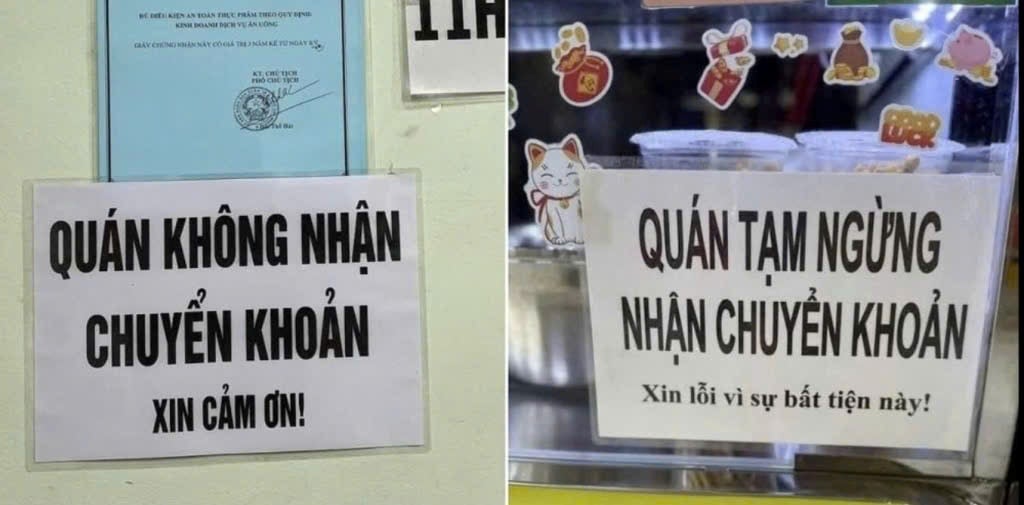











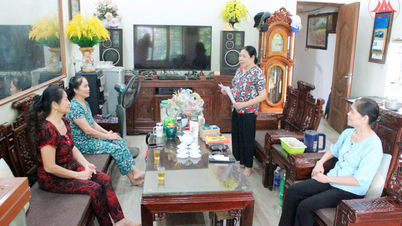









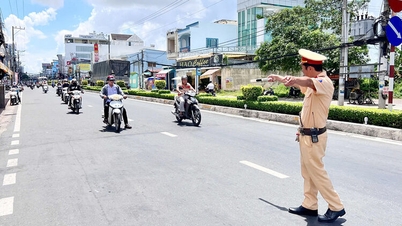


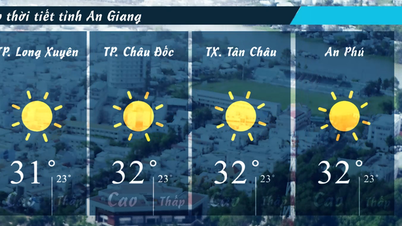
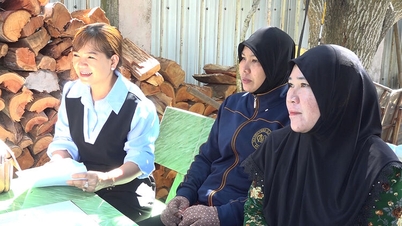







































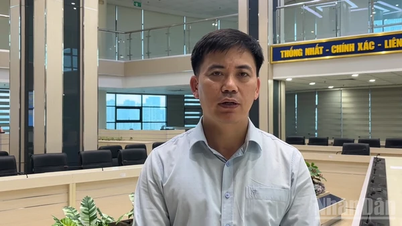































Comment (0)